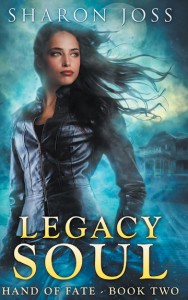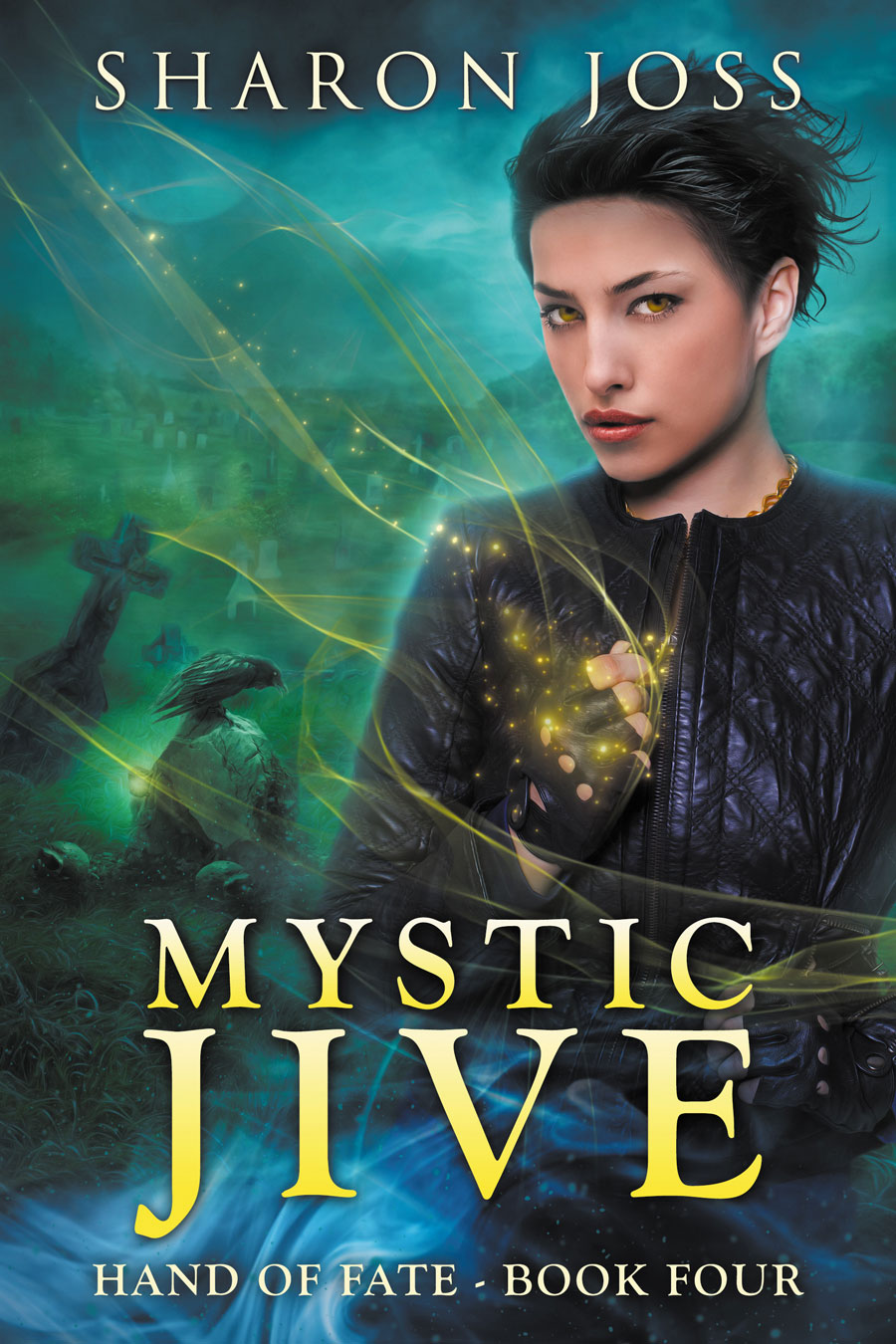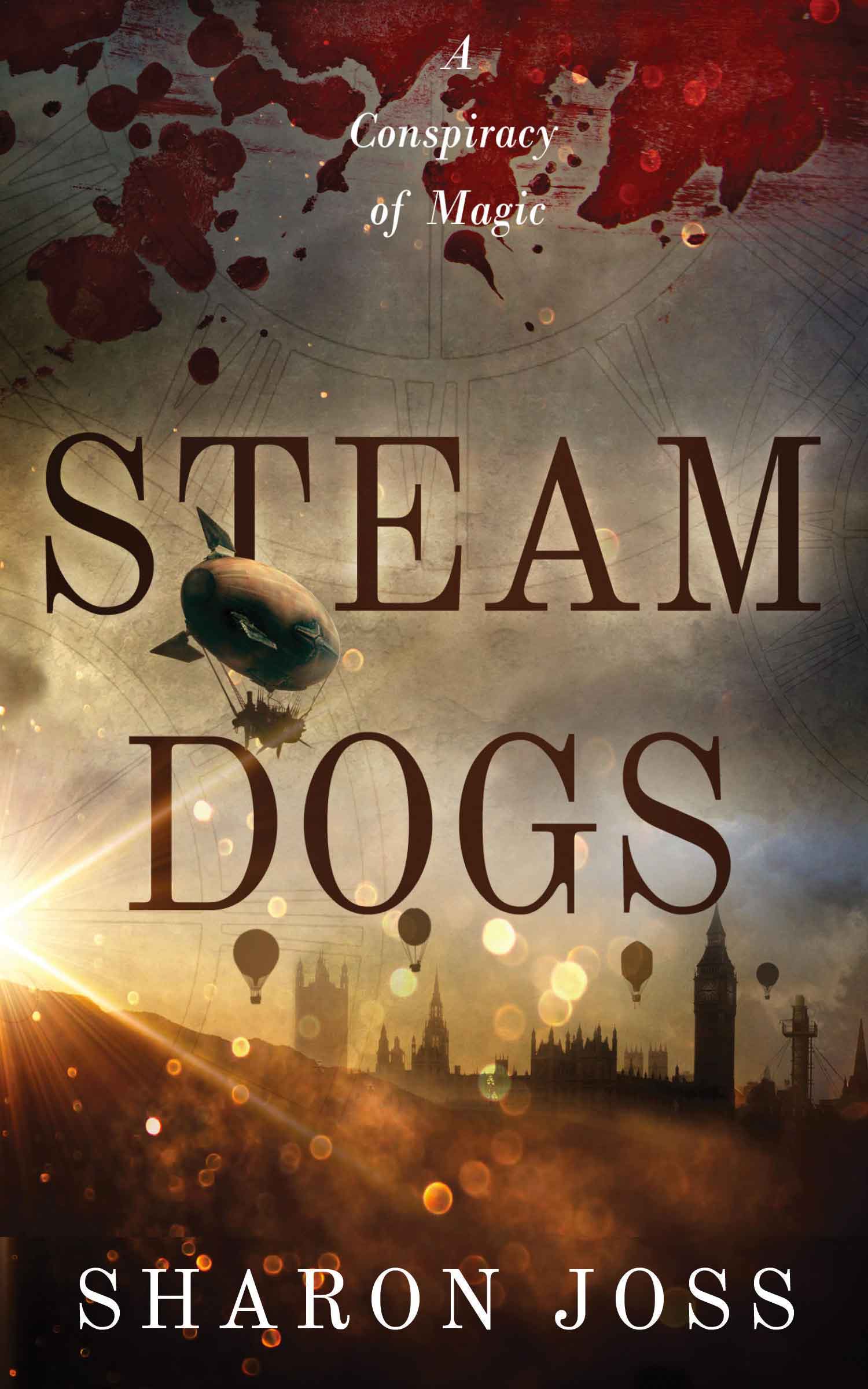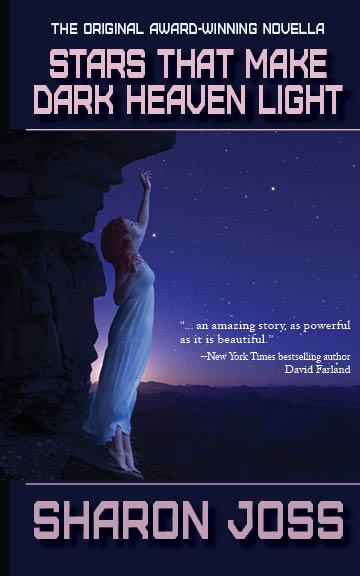Slowly but surely, I’m closing in on the final stages of my latest work on progress, GLAMOUR. It will be my third complete novel in three years. I am gratified to see that my writing is much better than the writing in my first manuscript, but at the same time, I’m wondering if it’s going to be good enough. The last couple of days, in particular, have got me second guessing myself. As I finish up my ‘sparkle’ revision (version 4.0), I feel as if I’ve reached a bit of an impasse. The last few chapters in particular have me stumped. I can’t tell if the writing is ‘right’ (and needs no more ‘sparkle’) or if I’m just too tired to see where to sprinkle the glitter. I suspect the latter.
So I went back to the books. You know, my favorite tried and true books on writing that have provided every answer I’ve needed on in the past. Books with well-worn covers and nearly every page marked with a post-it note. Books by James Scott Bell, Larry Brooks, Orson Scott Card, Les Edgerton, Stephen King, Nancy Kress, Sol Stein, and many others. As I skimmed the sections I’d highlighted previously, I realized I’d already incorporated much of their advice into my writing. There was a time, not too long ago, when nearly every other paragraph in those books contained revelations for me. When I went back to them this week, I found them comforting, but they weren’t able to address the issues that were bugging me. I expanded my horizons to include books on screenwriting, which I’ve found to be fascinating and interesting, but not quite what I was looking for to solve my quandary in Chapter 42. But I didn’t stop there. Just because I didn’t find the answer I was looking for didn’t mean there wasn’t a problem.
I decided to ask my favorite authors. Now I assure you I don’t have the phone number (or even the private email address) of Jim Butcher or George R. R. Martin or Dean Koontz, but it doesn’t matter. I’ve got their books. And based on my current problem, I was able to go straight to the source (pages) to see how each of these authors handled the same sort of problem I’ve been scratching my head about. Sure, their stories aren’t MY story, and they each resolved their issue differently, and their writing is light years ahead of mine, but I did get inspired and got some new ideas about how to address my particular problem. And by analyzing their writing, I could more clearly see that I did have a problem.
I decided to ask my favorite authors. Now I assure you I don’t have the phone number (or even the private email address) of Jim Butcher or George R. R. Martin or Dean Koontz, but it doesn’t matter. I’ve got their books. And based on my current problem, I was able to go straight to the source (pages) to see how each of these authors handled the same sort of problem I’ve been scratching my head about. Sure, their stories aren’t MY story, and they each resolved their issue differently, and their writing is light years ahead of mine, but I did get inspired and got some new ideas about how to address my particular problem. And by analyzing their writing, I could more clearly see that I did have a problem.
Along with learning how to trust my gut about my own writing, the lesson I learned is that the path to becoming a successful writer is like a two-edged sword. The more you write, the more you need to write. The more you read, the more you need to read. The more you learn, the more you need to learn. The process is continuous. While it feels good to see the edge on my blade, I’ve got to keep honing my craft.









